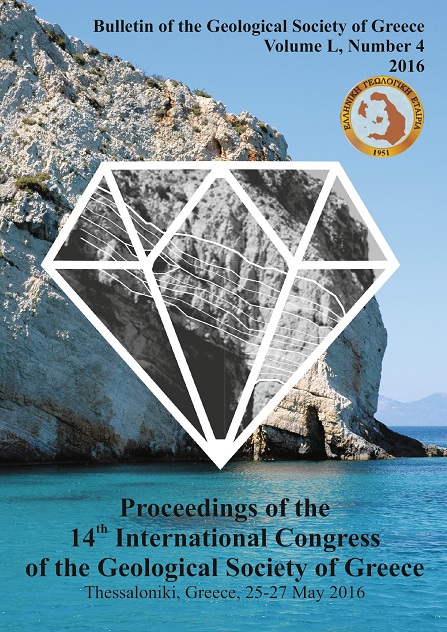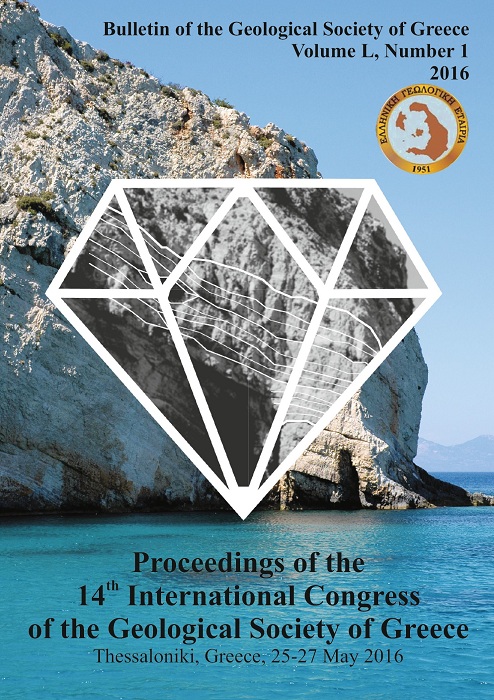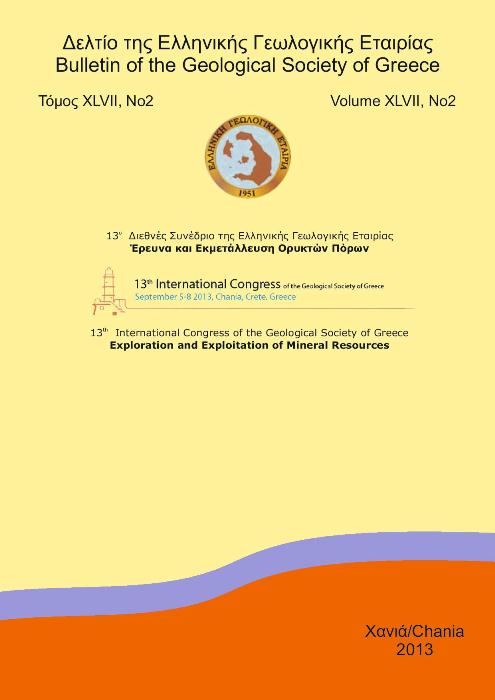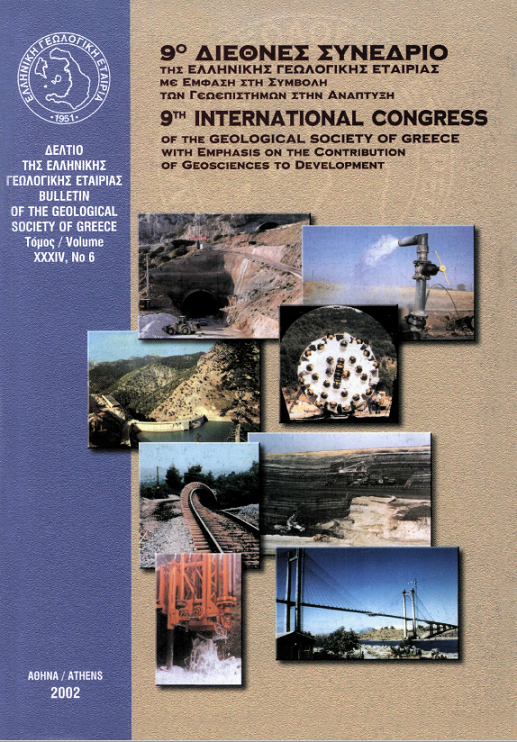AIR QUALITY IN MINING AREAS: THE CASE OF STRATONI, CHALKIDIKI, GREECE
Résumé
Air quality sampling tests are conducted on a 24h basis by “HELLENIC GOLD S.A.” in the Stratoni mining settlement. The settlement is located in the neighbourhood of a flotation plant where galena and sphalerite concentrates are produced after crushing and processing of Pb-Ag-Zn sulfide ore. Old piles of mineral waste occur close to the settlement. The mineralogy of mineral dust collected on filters of 3 air samplers from August to December 2008 was studied. Elemental analysis of mineral dust collected from January to December 2008 was conducted. The purpose of the study was to determine levels of air pollution, type of mineral particles as well as potential sources. Measurements of air quality included PM10. Statistical analysis of the collected data included tests to determine the control on daily particle concentration and mineralogy of fluctuations of temperature, humidity, wind direction and wind speed. Air quality was better than during 1998-2000. Air quality was typically at its worse during hot summer days when wind speed was high. The concentration of PM10 particulate matter was quite low when compared to International Air Quality Standards regulations, indicating that levels of air pollution in the area do not pose human health hazards.
Article Details
- Comment citer
-
Papastamatiou, D., Skarpelis, N., & Argyraki, A. (2010). AIR QUALITY IN MINING AREAS: THE CASE OF STRATONI, CHALKIDIKI, GREECE. Bulletin of the Geological Society of Greece, 43(5), 2510–2519. https://doi.org/10.12681/bgsg.11657
- Rubrique
- Industrial Minerals and Rocks

Ce travail est disponible sous licence Creative Commons Attribution - Pas d’Utilisation Commerciale 4.0 International.
Authors who publish with this journal agree to the following terms:
Authors retain copyright and grant the journal right of first publication with the work simultaneously licensed under a Creative Commons Attribution Non-Commercial License that allows others to share the work with an acknowledgement of the work's authorship and initial publication in this journal.
Authors are able to enter into separate, additional contractual arrangements for the non-exclusive distribution of the journal's published version of the work (e.g. post it to an institutional repository or publish it in a book), with an acknowledgement of its initial publication in this journal. Authors are permitted and encouraged to post their work online (preferably in institutional repositories or on their website) prior to and during the submission process, as it can lead to productive exchanges, as well as earlier and greater citation of published work.







